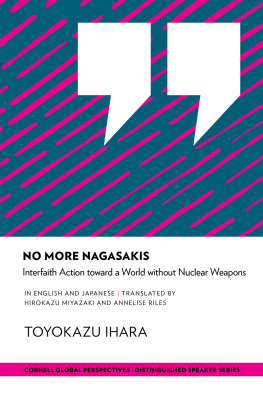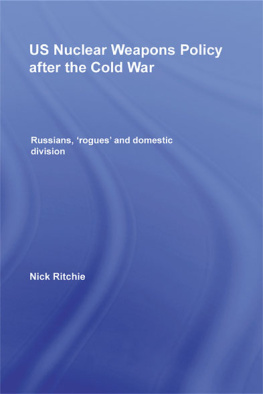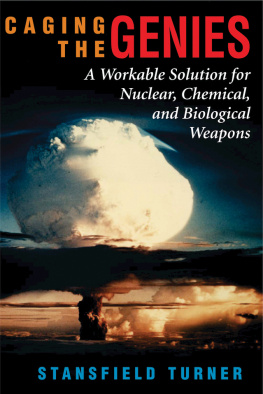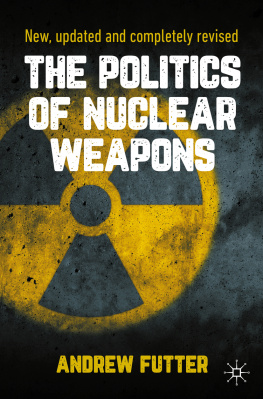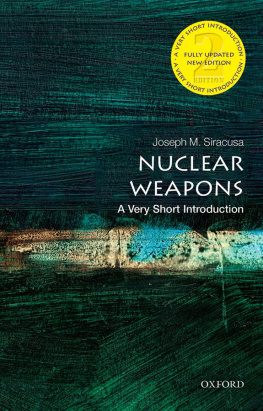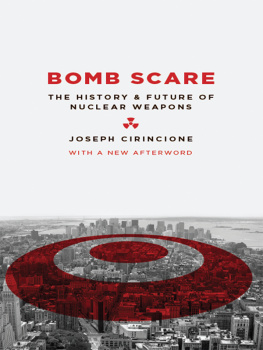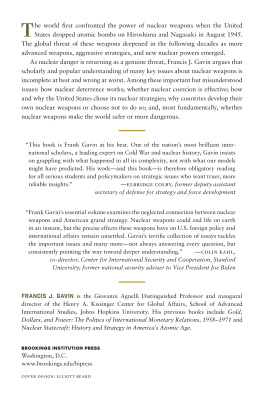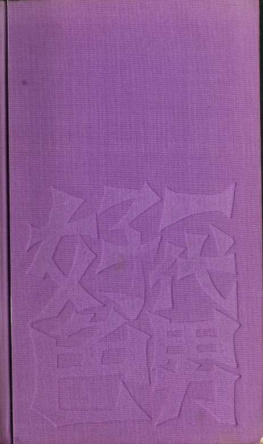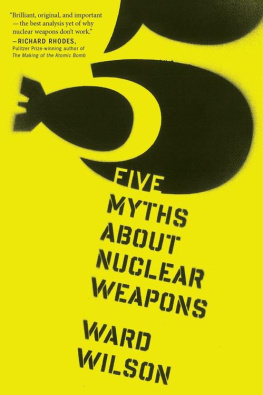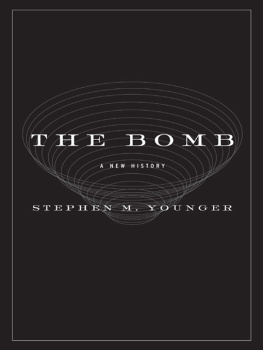IN 1961, JOHN F. KENNEDY WARNED that Mankind must put an end to war or war will put an end to mankind.
In February 1981, discussing the devastation of Hiroshima and Nagasaki by atomic bombs during his first visit to Japan, Pope John Paul II appealed for the abolition of nuclear weapons. War is the work of man, he said. War is destruction of human life. War is death.
Mankind must put an end to war or war will put an end to mankind.
Seventy-two years ago, nuclear weapons, weapons of the ultimate evil, were used in Hiroshima and Nagasaki.
On July 7, 2017, the United Nations adopted the Treaty on the Prohibition of Nuclear Weapons after a long and strenuous effort. On September 20, the treaty was opened for signature.
Although countries that possess nuclear weapons and countries that depend on their nuclear umbrella have criticized the treaty for its ineffectiveness, it is a great achievement that a global norm has been established to serve as a starting point for the abolition of nuclear weapons.
Yes, we, the survivors of the atomic bombing of Hiroshima and Nagasaki, are hoping that the treaty will go into force with the ratification of many countries.
I was born on March 9, 1936.
I spent my childhood under Japans wartime regime. I was indoctrinated to believe that Japan, a country of gods, could not possibly be defeated in war.
I learned to despise Koreans and Chinese people, whose deployment for hard labor I took for granted. I learned the slogan Kichiku Bei Ei The US and the UK are monsters and beasts. We practiced piercing dolls that were made to look like Americans with bamboo spears.
While hiding in bomb shelters to escape air raids, however, I gradually began to suspect that Japans defeat might be imminent.
The bombing of Hiroshima City took place on August 6, 1945, at 3:00 p.m. On August 9, at 11:02 a.m., the United States dropped a plutonium atomic bomb over Nagasaki City.
The bomb exploded 500 meters above Urakami, a northern district of the city, and instantly turned Nagasaki into hell on earth.
The wind beneath the mushroom clouds was estimated to be 10,000 degrees C. The city was a scene of unimaginable devastation.
Seventy-four thousand people were killed indiscriminately, including Japanese citizens, Chinese people who had been arrested and forcibly brought to Japan, Korean people who had been forcibly mobilized as laborers, and American prisoners of war. Seventy-five thousand people were injured.
It was not just humans that were killed. Insects, birds, dogs, cats, cows, horses, and other animals lost their lives, along with plants and all other living things.
I was nine years old at the time. I happened to be deep in the mountains, 6.5 kilometers away from the hypocenter, and was spared from the direct effects of the bombing.
Beginning on the day after the bombing, however, my mother, sister, and brothers assisted with rescue work and the cremation of bodies. They soon died, one after another, from what later would become known as atomic bomb diseases. But first they endured unimaginable suffering, including bleeding from their gums, hair loss, and fatigue.
We, atomic bomb survivors, do not accept the common justifications for the fact that two atomic bombs were dropped on Hiroshima and Nagasaki. It could have not been simply due to the United States need to retaliate against Japan, or the need to end the war without causing further casualties.
We suspect that in fact the bombing of Hiroshima and Nagasaki was an experiment into the destructive power of atomic bombs on cities and human lives, as well as an attempt to establish hegemony in the world.
Please allow me to discuss the damage caused by the bombing of Nagasaki.
On May 27, 2016, Barack Obama visited Hiroshima for the first time as president of the United States, and we hibakusha [bombing survivors] welcomed him.
Seven years earlier, in April 2009, President Obama had visited Prague, where he clearly articulated his vision for pursuing a world without nuclear weapons, boldly declaring, As a nuclear power, as the only nuclear power to have used a nuclear weapon, the United States has a moral responsibility to act. For this offer of hope, he was awarded the Nobel Peace Prize.
In Hiroshima, however, President Obama began his 17-minute speech, ostensibly to mark the start of our own moral awakening, with the following line: Seventy-one years ago, on a bright cloudless morning, death fell from the sky and the world was changed.
This poetic language caused anger among survivors, who had experienced hell under the atomic clouds and were still living with the fear of aftereffects, and late-onset effects, and the possible dangers to their children and grandchildren.
Nevertheless, it is important to recall that the two cities destroyed by the bombings were rebuilt with international support, including support from the United States. And that there are various mutual efforts to foster world peace and stability.
If we take seriously the role Japan ought to play today, we should sincerely embrace our pioneer status, and accept the responsibility to realize President Obamas call not to repeat the history of war waged in the name of civilization, not to justify violence in the name of some higher cause, not to let the memory of the morning of August 6, 1945 fade, and to devote ourselves to the pursuit of a world without nuclear weapons.
When we hibakusha talk of nuclear weapons as absolute evil, we always remind ourselves not to forget the history of Japans cruel aggression during the Sino-Japan War and World War II, and to express our remorse and apology.
Japan deeply regrets its recent past. The country adopted and has maintained a constitution that has served as a model for those interested in world peace.
Today, how do people in the world regard the Japanese governments commitment to the constitutions three non-nuclear principles, or its determination to realize the abolition of nuclear weapons and engage in active pacifism?
Japan maintains a strong military force and is rushing to become a world power. It has adopted a state secret law and a conspiracy law, and has revised laws related to national security.
The prime minister is seeking to amend the constitution [to validate the existence of the Japan Self-Defense Force]. Rather than establishing a nuclear-free zone in Northeast Asia, I wonder if the current policy is inhibiting the development of peace, and of friendship with neighboring countries.
As long as scientific progress does not contribute to the happiness of mankind, as long as the monopoly of resources and the gap between rich and poor are expanding, the world will become more and more unstable. If each country only pursues its own interests, only a handful of countries will survive.

